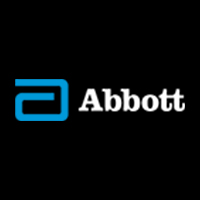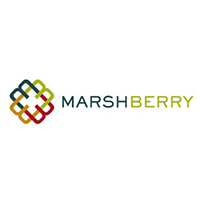Finance & Accounting Recruiting Experts
Our mission is to transform the traditional way companies in the Finance & Accounting sector recruit top talent. Our goal is to create a sustainable culture where our clients can run their businesses more efficiently, effectively, and with less stress.
At Ringside Talent, we have a strong confidence in our talent acquisition services and unparalleled talent resources. With a track record for delivering results, we have both internal systems and industry relationships in place that allow us to find the best Finance & Accounting candidates that match your unique needs.
For all of your Finance & Accounting recruiting needs, Ringside Talent is the complete solution. From contract recruitment to full-time employee placement, our team of experts can assist you in finding the right person for any role within your organization.
"*" indicates required fields
Finance & Accounting Hiring Solutions
Direct Hire
Our Direct Hire solution helps you quickly find a skilled candidate ready to join your team. Our streamlined hiring process saves you time and eliminates unnecessary paperwork.
Contract or Contract-to-Hire
For those seeking a flexible staffing solution, we also offer Contract or Contract-to-Hire services. Our team of professional recruiters is focused on finding top-notch candidates for companies across the U.S., while providing exceptional service to our clients.
At Ringside Talent, our priority is to help you build a strong and successful Finance & Accounting team. Let us assist you in finding the talent you need to grow and succeed. Contact us today to learn more about our services and how we can support you in reaching your goals.
Expertise
Chief Financial Officers
Finance Directors
Finance Managers
Financial Analysts
Business and Data Analysts
Cost Accountants and Analysts
Controllers
Financial Reporting Directors and Managers
Accounting Managers
Senior and Staff Accountants
A/P, A/R, Credit and Payroll
Bookkeepers
Chief Internal Auditors, Managers, Directors
VP of Tax, Tax Seniors, Managers, Directors
FINANCE AND ACCOUNTING LEADERSHIP TEAM

Practice Leader and Managing Partner
Finance & Accounting

Practice Leader and Managing Partner
Finance & Accounting

Practice Leader and Managing Partner
Finance & Accounting

Team Leader and Managing Partner
Finance & Accounting
Need to hire talent? We’re in your corner.




 Spencer
Spencer










